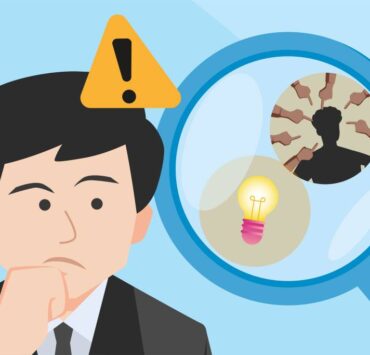The arrogance of power: Why we should refuse to stay silent

Growing up, I remember my grandfather saying, “Absolute power corrupts absolutely.” Back then, I thought it was just another cryptic adult expression meant to confuse children—or worse, bore them. Years later, it has turned into a haunting truth that my generation must confront daily.
It feels exhausting to exist in a nation where scandal and impunity have become so common that each new revelation leaves us numbed rather than outraged. But numbness, I fear, is dangerous. It allows arrogance and corruption to thrive unchecked.
I’m speaking of a particular brand of politics, one that has emerged sharply in recent years. There’s something uniquely brazen—something unbearably arrogant, in the way certain leaders approach public office. Politics, to them, seems no longer about service, accountability, or even the pretense of morality. It’s simply power for power’s sake.
Corruption, abuse, and intimidation are nothing new to Philippine politics. Our history is littered with these stories. But there’s something different, sharper, more reckless now. Perhaps it’s the shamelessness with which power is wielded, or the ease with which consequences are evaded. Or perhaps it’s their cynical calculation that the Filipino people have been conditioned not to expect accountability anymore— that after a while, scandals fade into indifference, and life moves on.
But can life truly move on?
I see friends and peers retreating from politics, choosing to disconnect rather than endure another headline about stolen public funds or a politician casually threatening violence against their rivals. Some say it’s futile to care, that nothing will change. Yet, how can we afford apathy when our future—the very fabric of our democracy—is at stake?
The arrogance of power is insidious. It convinces people like us, young, idealistic, and exhausted, to give up, to accept as inevitable the abuses and scandals that dominate our screens every day. But that surrender is exactly what allows corruption to continue unchecked. Silence, more than anything else, fuels arrogance.
Yet, as history also shows, arrogance inevitably leads to downfall. No regime, however entrenched, can sustain itself indefinitely through sheer force and intimidation. Even the seemingly invincible will crack and crumble when confronted by collective outrage.
If our political institutions fail to hold powerful figures accountable, then that responsibility falls squarely on us, the citizens. It is tiring, yes. It can feel pointless—even hopeless—at times. But there’s immense power in collective resistance—in speaking out, writing, rallying, even when the odds feel stacked impossibly high.
We must not let arrogance silence us. We must not become accomplices to abuse by allowing exhaustion to justify apathy. As young Filipinos, our greatest responsibility—and perhaps our greatest challenge—is to remain vigilant, vocal, and hopeful, even when power arrogantly declares itself untouchable.
Because power that answers to no one will eventually consume us all. And if there is to be hope for this country, it lies in our refusal to let the arrogance of power become the norm we quietly accept.
JOHN CANDA,
dogwonder24@gmail.com

















‘Allocable’ funds: Resurrected pork barrel